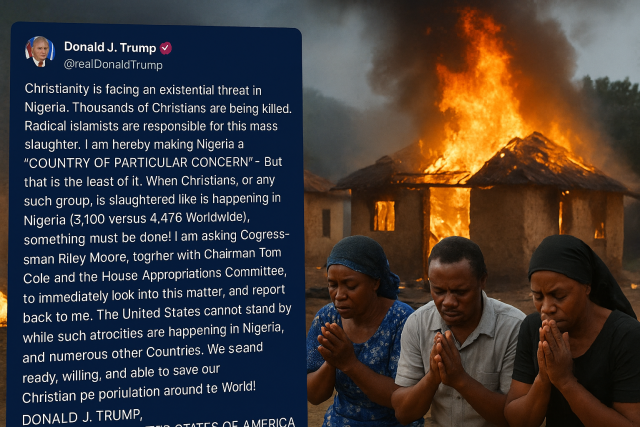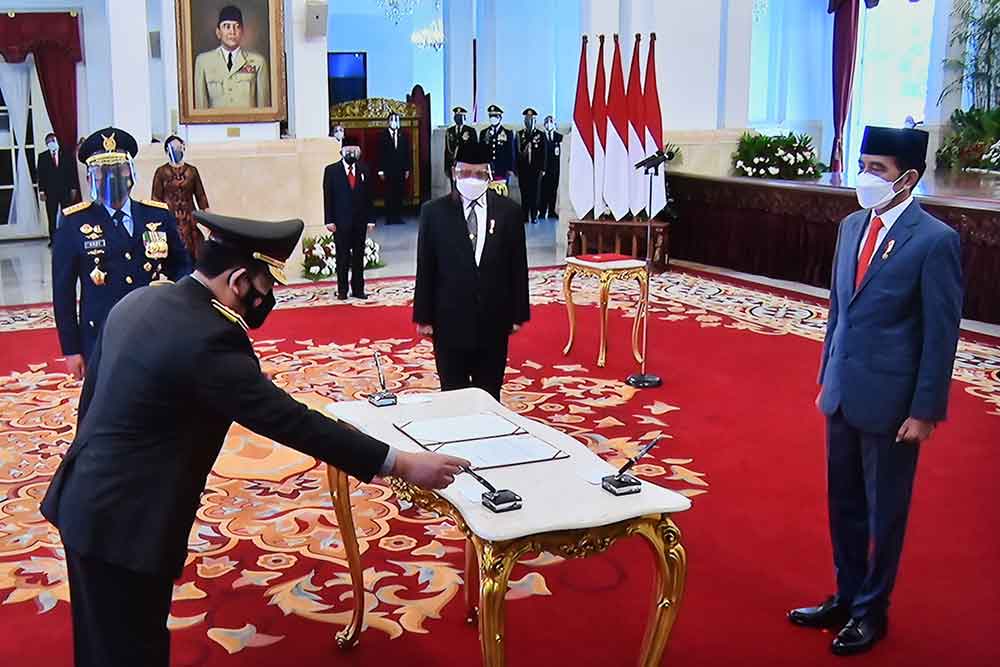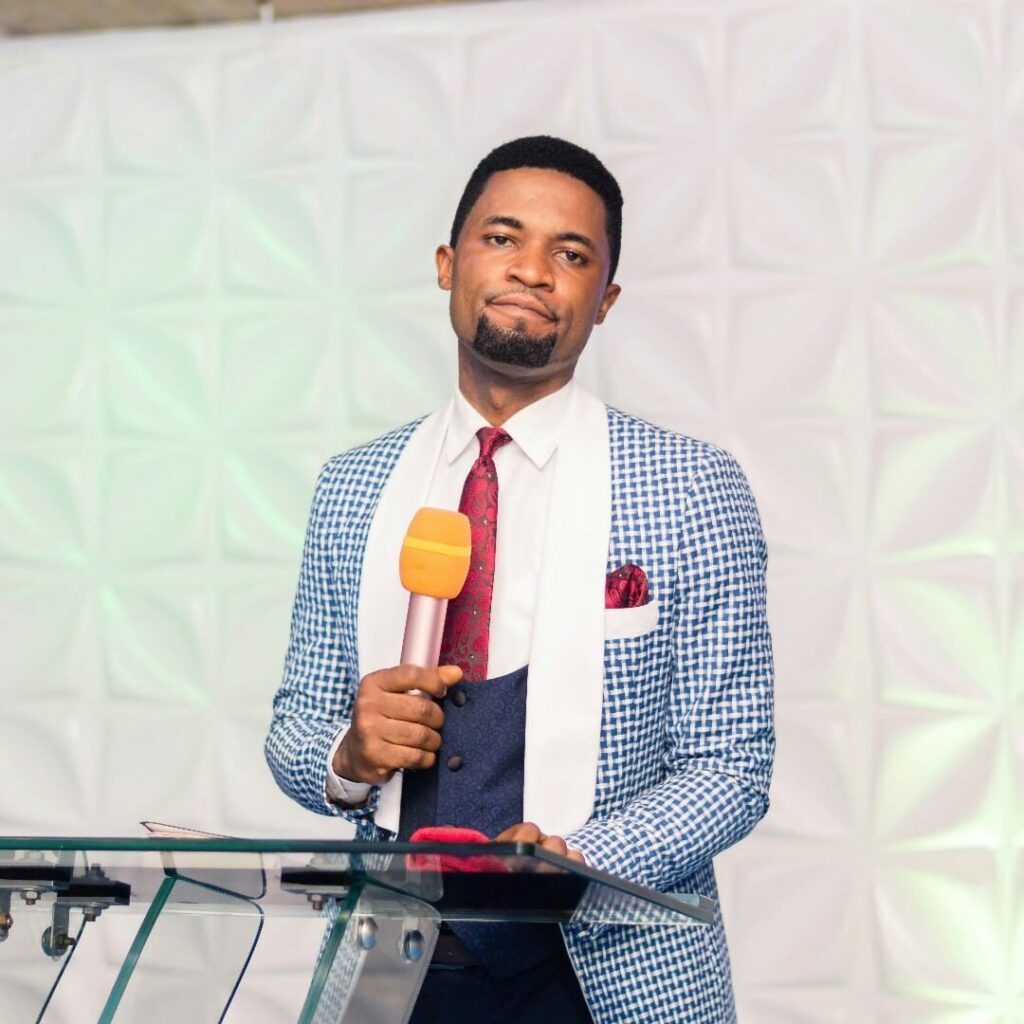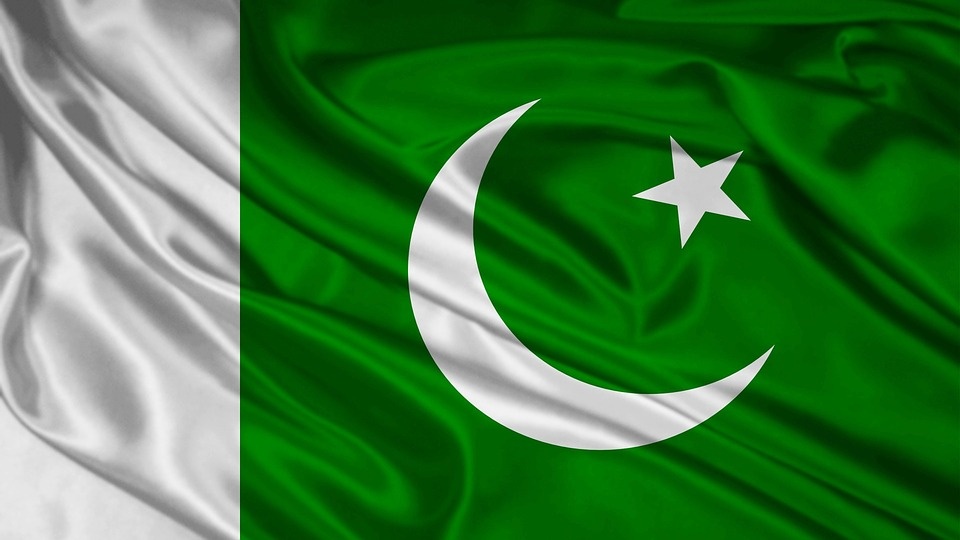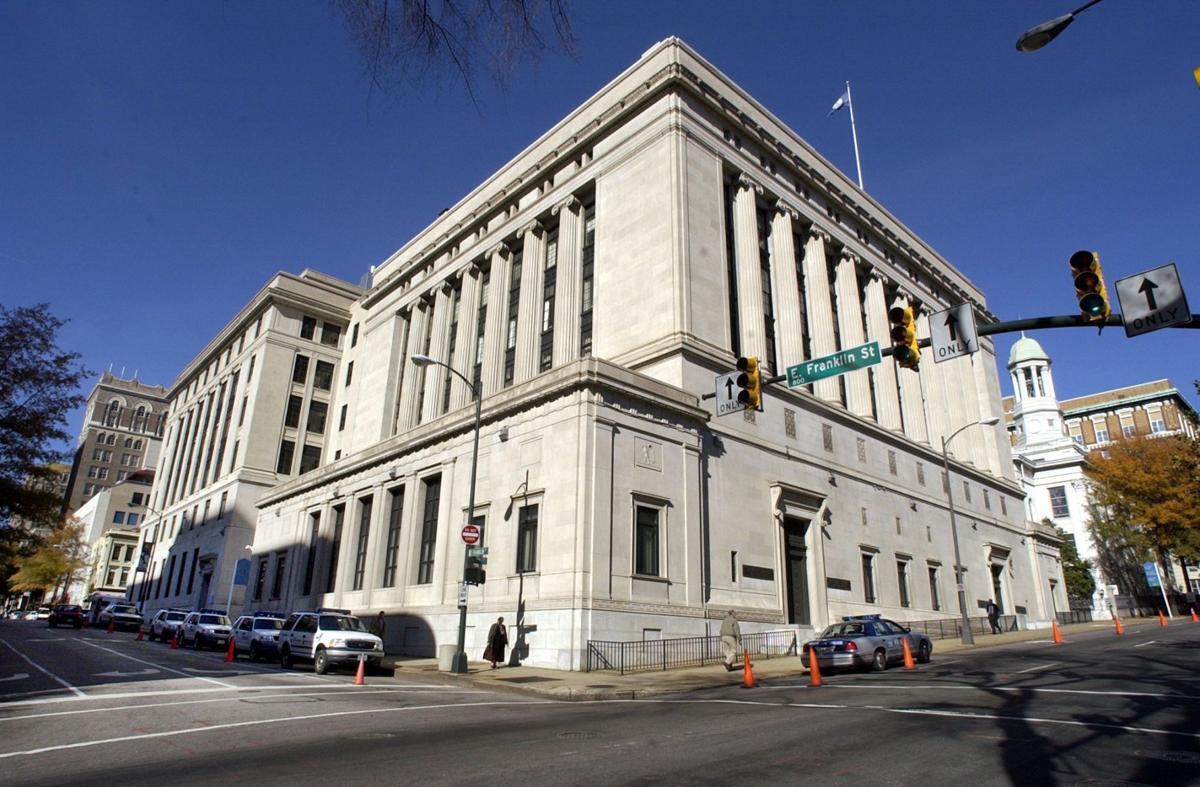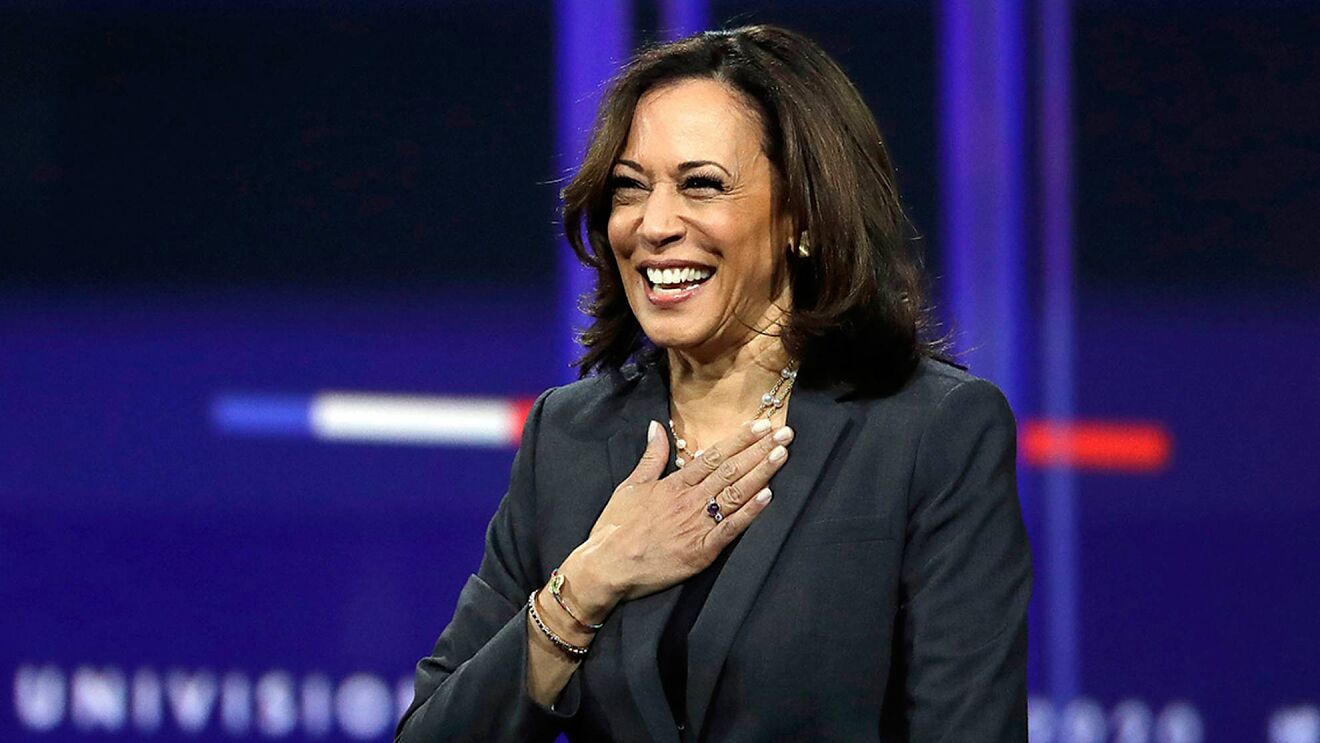Christian Genocide in Nigeria? The Shocking Truth Behind Trump’s Statement and Global Reactions
The allegations of genocide or mass-slaughter of Christians in Nigeria—especially in its Middle Belt and northern regions—must be understood against a backdrop of overlapping conflict dynamics: terrorism, banditry, farmer-herder disputes, ethnic competition, religious tensions, and governance failures. Multiple reports now reference the scale of violence against Christian-identifying communities,s and the question arises: do these events amount to “genocide”?
In recent years, Christian organisations, advocacy groups, and some Western lawmakers have claimed that thousands of Christians are being deliberately targeted and eliminated. At the same time, Nigerian and independent analysts respond that the situation is far more complex — violence is seldom solely about faith, and data is contested. Al Jazeera+1
In October 2025, for example, Donald J. Trump (former U.S. President) declared Nigeria a “Country of Particular Concern” over what he described as “Christianity facing an existential threat” and “radical Islamists … responsible for this mass slaughter.” AP News
The discourse you referenced in your question—the tweets thanking U.S. Congressman Riley Moore and rallying around U.S. attention—fits into this broader narrative: one of alarm, of Christian victimhood claims, of appeals for foreign/international action.
ALSO, READ CeCe Winans Wins Two at the 56th GMA Dove Awards in Nashville
Below is a detailed analysis of the situation: the facts on the ground, the claims, the data and its limitations, the genocide question, the responses and what this might mean for Nigeria and the global Christian community.
1. The Facts on the Ground
1.1 Scope of violence
In the Middle Belt region—states such as Benue State, Plateau State, and neighbouring areas—armed attacks on villages inhabited by predominantly Christian farmers have been documented. A recent example: in June 2025, a massacre in the village of Yelwata (Benue State) reportedly killed “more than 200 Christian villagers” according to some sources. genocidewatch+1
According to a 2024 piece: “Gunmen in Nigeria opened the New Year 2024 by killing 14 Christians on their way home from a midnight church service … the attack rocked the country’s Christian community, still reeling from a Christmas Eve massacre that claimed the lives of 130 believers.” providencemag.com.
Organisations tracking Christian persecution say that millions of Christians in sub-Saharan Africa have been displaced; in Nigeria alone, millions of Christians have been forced from their homes by violence and conflict.
1.2 Patterns & actors
The principal perpetrators in many of these incidents are armed groups associated with:
Fulani herders (mostly Muslim) in herder–farmer conflicts over land, water and grazing rights. Wikipedia+2providencemag.com+2 Islamist terrorist insurgents such as Boko Haram and Islamic State West Africa Province (ISWAP), active mainly in the north-east. Wikipedia Criminal bandits, kidnappers, and unidentified gunmen who exploit security weaknesses across central Nigeria.
The victims: many reports emphasise Christian farmers, villagers, church congregants and clergy.
However, Analysts emphasise that many of the victims are also Muslims, particularly when attacks are by Boko Haram/ISWAP. Al Jazeera
The lines between “religious”, “ethnic”, “economic”, and “criminal” motives are blurry; land, resources and climate-induced pressure play major roles. Al Jazeera+1
1.3 Government response and accountability
The Nigerian government has publicly condemned many attacks. For example, in a recent attack on the Zike community in Plateau State, President Bola Ahmed Tinubu ordered investigations and security reinforcements. AP News. However, critics argue that accountability has been weak: prosecutions are few, convictions rarer, compensation and protection limited. providencemag.com+1 Some actors claim that the government or local elites are complicit, or at least negligent, in many of these violence episodes (especially in the Middle Belt). chrissmith.house.gov+1
2. The Claims of Genocide or Targeted Christian Killing
2.1 What is being claimed
Christian advocacy organisations and some U.S. lawmakers describe what is happening as a “genocide” or “silent genocide” of Christians in Nigeria. For instance:
“Can a genocide ever truly be ‘silent’? … In Nigeria, Christian communities have been targeted for systematic murder that constitutes genocide for over a decade.” HRRC
The term “Christian genocide” is used in the media and by church-based organisations to emphasise the scale of Christian victimhood and the alleged deliberate nature of the attacks. Crux Some figures are cited: for example, one US congressional statement claimed “over 52,000 Christians in Nigeria have reportedly been targeted and killed by Islamist extremists… since 2009.” chrissmith.house.gov
2.2 Key narratives
Christians say: “We are being slaughtered for our faith, our churches burnt, our land seized, our communities forced to flee.” Some Western evangelicals/politicians frame this as: Nigeria is one of the worst places globally for Christian persecution; global Christian leadership must intervene. The tweets you referenced reflect this framing: praise for U.S. attention, appeal to external power (U.S.), and emphasis on neglect by the Nigerian government (“we have a government that downplayed and laughed at the killings”).
3. The Counter-Analysis: Why Many Analysts Resist the “Genocide” Label
3.1 Complexity of conflict
Experts note that the violence cannot all be neatly classified as Christians being killed because they are Christians. Rather, many attacks emerge from: land/grazing disputes, climate change effects, weak state authority, banditry, and kidnapping for ransom. Al Jazeera+1 Religious identity often overlaps with ethnic/farming identity: many Christian villages are also ethnic minorities in the Middle Belt, vulnerable for multiple reasons (not just faith). Wikipedia+1 A November 2025 Al Jazeera article argues: “To present these conflicts … as evidence of a Christian genocide is propaganda.” Al Jazeera
3.2 Data and methodology limitations
Many of the death counts and victim-identifications are disputed: which deaths were purely faith-motivated? Which were agrarian/cattle conflicts? Who counted, how? One critique: “studies supporting these claims … methodology is questionable”. afriquexxi.info The number of Christian vs Muslim victims is unclear; in some insurgent-affected zones (e.g., Boko Haram areas,) many victims are also Muslims.
3.3 Use and consequences of the “genocide” label
Some analysts worry that calling it genocide can distort understanding, fuel polarisation, obscure root causes and hamper holistic responses. Al Jazeera. The label has diplomatic, legal, and political consequences (for example, under the Genocide Convention). Accusing Nigeria of genocide influences foreign policy, aid,and sanctions.
4. Does It Qualify as Genocide? – A Legal/Analytical Discussion
4.1 What is genocide under international law?
According to the Convention on the Prevention and Punishment of the Crime of Genocide (1948), genocide means acts committed with intent to destroy, in whole or in part, a national-ethnic-racial or religious group, by means such as: killing members, causing serious bodily harm, inflicting conditions of life to bring about destruction, imposing measures to prevent births, forcibly transferring children.
Key features: (i) protected group (e.g., religious group) ; (ii) special intent (dolus specialis) to destroy the group (in whole or part) ; (iii) one or more of the listed acts.
4.2 Evidence in Nigeria’s case
Protected group: Christian communities are clearly a religious group. Some violence targets “Christian villages” or worshippers.
Acts: Multiple attacks show killings of Christians, destruction of churches, forced displacement. E.g., over 6,000 Christians displaced after attacks in Benue State. opendoorsus.org
Intent to destroy (in whole or in part)? This is harder to establish. While some militants may use anti-Christian slogans, the vast bulk of evidence suggests mixed motives (land, grazing, resource). The Nigerian government and many analysts argue that there is no official state policy to destroy Christians.
Scale and targeting: Several sources claim tens of thousands of Christians have been killed.
State involvement/complicity: For genocide, one doesn’t necessarily need full state involvement, but intent and systematic plan are key. Evidence of a coordinated “Christian extermination plan” is far less established in the public domain.
4.3 Verdict (analytical)
There is strong evidence of large-scale violence affecting Christian-majority communities in Nigeria, with many killings, displacement, church burnings. Whether this amounts to genocide in the strict legal sense (i.e., deliberate intent to destroy all or part of a religious group) is debated and far from settled. Some scholars argue it meets the threshold of “crimes against humanity” or “ethnic/communal massacre” rather than genocide. Others believe the “genocide” label is appropriate given patterns of systematic targeting and displacement. The label remains contested: using it may underscore the urgency, but risks oversimplifying causes and undermining complex solutions.
5. The Broader Implications & Geopolitics
5.1 International response
The U.S. designation of Nigeria as a “Country of Particular Concern” means religious freedom violations could trigger sanctions or reductions in aid. AP News International advocacy groups expect stronger action: from humanitarian assistance, security cooperation, to diplomatic pressure. Nigeria’s government is under greater scrutiny; foreign investors, donors and multilateral institutions may condition support with governance and human rights benchmarks.
5.2 Domestic Nigerian consequences
Politically, this amplifies tensions between North / South, Christian / Muslim, farmer/herder. It may fuel reactive mobilisation of Christian vigilante groups, or push communities toward ethnic-religious alliances. Security policy: the government may be pressured into more robust military operations, but also into structural reforms: land/grazing law, community policing, and early warning systems.
Social cohesion is at risk: when violence is framed purely as “Christians vs Muslims”, it obscures common vulnerabilities and may push moderate Muslims or Christians into hardened identities.
5.3 For the global Christian community
The narrative of Christian persecution in Nigeria resonates strongly among Western evangelicals and Christian organisations; it drives fundraising, advocacy, and prayer mobilisation.
The appeal to U.S. lawmakers (e.g., you referenced the tweet thanking Rep Riley Moore) reflects a strategy: raise foreign pressure, use global Christian solidarity networks, push for external leverage. However, there is a risk of being perceived as “external instrumentalisation” of Nigerian Christian suffering, which might affect local agency, and may provoke backlash.
6. What Next? Practical Considerations & What Can Be Done
6.1 On the ground in Nigeria: What must happen
Improved protection of vulnerable rural communities: better intelligence, quicker deployment of security, local volunteer defence schemes (with caution) in Middle Belt.
Land and resource reform: The herder–farmer clashes are deeply tied to land access, water scarcity, climate change and migration. Solutions must go beyond purely religious framing. Al Jazeera
Justice and accountability: Prosecutions of perpetrators, transparent investigations, support for victims, rehabilitation of displaced persons.
Inter-faith dialogue and community building: Strengthening Christian-Muslim cooperation on the ground, reducing polarisation, building local resilience.
Data collection and research: Independent data on victims, perpetrators, motives—disaggregated by faith/ethnicity—to inform policy and advocacy.
6.2 For international actors and diaspora communities
Avoid oversimplification: Recognise complexity; avoid narratives that all violence is exclusively religious, which risks undermining credibility.
Support holistic aid: Provide not only security assistance but also livelihood programmes, resettlement for internally displaced, and trauma counselling.
Monitor policy implications: Sanctions or aid restrictions (e.g., via the U.S. “Country of Particular Concern” rule) can help, but also risk collateral harm to civilians if not targeted carefully.
Amplify local voices: Empower Nigerian Christian and Muslim civil society groups to frame solutions, rather than only using external frames.
6.3 For Christian communities worldwide
Prayer and solidarity: The suffering of Nigerian Christians is profound; prayer support, awareness campaigns, and moral backing are valid.
Advocacy with nuance: When raising voices in parishes or Christian networks, include facts, avoid inflammatory language, emphasise reconciliation and justice.
Support practical relief: Partner with credible Nigerian-based Christian humanitarian organisations helping displaced, rebuilding churches and homes.
7. Conclusion
The situation of Christians in Nigeria is undeniably grave. Villages have been attacked, pastors killed, thousands displaced, whole communities traumatised. Claims of a “genocide” reflect real pain and real loss. But the question of whether the violence meets the strict legal definition of genocide remains contested and depends on proving intent to destroy the Christian group as such.
What is clear, however, is that Nigeria is confronting a multifaceted crisis: terrorism, resource-driven conflict, weak governance, climate stress, communal violence—and Christian communities are bearing a disproportionate burden of this mix. Recognising this truth matters, as does avoiding mischaracterising or oversimplifying the problem.
For Christians globally—including the community to whom your tweets refer—the moment is one of awakened responsibility: to bear witness, to support displaced and suffering believers, to advocate for justice, and to push for the structural changes that will deter future bloodshed. The gratitude expressed in the tweets you noted (“Thank you … for your unwavering boldness … Nigerian Christians will forever be grateful”) is heartfelt and warranted—but the journey ahead demands more than words or recognition: it demands sustained, informed action, anchored in truth and guided by compassion.
If you like, Ibeh Chigoziem, I can draft a detailed policy brief on this issue (with recommendations for churches, NGOs, and policy-makers) or a long-form article (2,500+ words) that weaves the human stories, data, policy context, and faith dimension in one narrative—just say the word.

